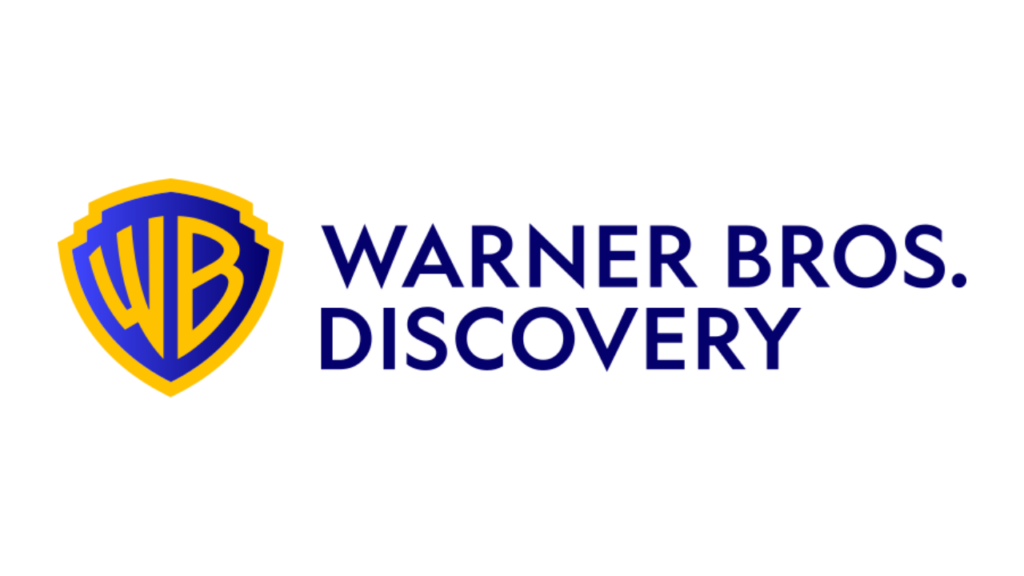The idea that HBO would license out high-profile, prestige originals to a competitor like Netflix would have been laughable only three years ago. Today, the idea makes some sense considering Warner Bros. Discovery’s mission to monetize as much library content as possible to shed merger debt and find at least $4.5 billion in synergies.

This week’s revelation that WBD is at least talking to Netflix about non-exclusively licensing original series “Insecure” and other relatively high-profile content would be more of a surprise if WBD hadn’t already been removing dozens of shows from the service in recent months, licensing some out to FAST channels under deals with Roku, Fox Corp.’s Tubi, and Amazon’s Freevee. And these aren’t obscure library titles. Insecure won critical acclaim, with creator and star Issa Rae tackling myriad issues faced by African-
American women and their identities, while WBD’s FAST deals include prestige fare like “Westworld.” Again, could anyone have imagined this before the Great Pivot that began in April 2022?
According to reports in the trades, the potential Netflix deal (which if consummated would no doubt lead to similar deals with other streamers) stems primarily from WBD’s need for short-term cash that will help it reach synergy goals promised to Wall Street. The non-exclusive nature of the talks suggests that the new Max service combining HBO Max and Discovery+ content will continue to offer the shows as well, unlike the situation with removed shows that ended up on FAST. But none of this is set in stone. And in fact, any talks with Netflix could ultimately fall apart. Our guess is that Netflix is well aware of how much WBD wants to please the Street with cost cuts before its next earnings call on August 3. So negotiators on both sides are likely haggling aggressively over the licensing price and terms. But at the same time, Netflix and other streamers are no doubt anxious to beef up their slates with recognizable library content that can attract new demos for both their ad-free and ad-supported tiers, especially after so many content owners clawed back their IP from licensing deals amid that COVID-
fueled SVOD craze that extended through early 2022.
Next? The reports this week might have been more surprising had WBD chosen to preserve the HBO brand name rather than bury it in the Max menu as it moves on with a newly branded combined service. But that was a clear indication that WBD sees more future growth with a fresh start than trying to re-imagine the legendary HBO brand with both younger audiences and anyone it peels off from the standalone Discovery+, many of whom not only are less familiar with HBO’s content but in some cases might even view it as too edgy for their tastes. WBD’s clean-break strategy to forge something new may be higher risk, but it also makes it easier to license out HBO content both exclusively and non-exclusively as it gradually uses internal usage data to find the right balance that broadens Max’s appeal across demos. This is extremely important when it comes to the ad
-supported tier, especially as WBD attempts to strengthen its reach with younger demos sought by advertisers.
However, WBD’s recent moves – including this week’s high-profile layoffs of senior executives at Turner Classic Movies that apparently prompted film-preservation advocates Stephen Spielberg and Martin Scorcese to request a virtual sit-down with WBD CEO David Zaslav – adds to a worry among some observers that the iconic Warner Bros. brand is letting financial considerations cloud its legacy as a defender of creative excellence. That’s probably an overreaction, as Zaslav and the brass appear committed to spending on major projects when it fits the company’s overall vision. But reports this week that the company is also trying to offload half of the Warner Bros. music catalog for as much as $500 million and may even sell global brand CNN (ousted chief Jeff Zucker is apparently interested) only adds to the narrative that short-term monetization will trump legacy, at least until the company can pay off its massive merger debt. It’s a tough balancing act to please both Hollywood and Wall Street. A company like WBD needs both camps on its side to attract talent, raise capital, and effectively compete, and creative and monetary decisions don’t always align as well as creators and executives would like. But alas, this is the challenge of the times. Those who pull the strings will need to master this complex puppetry to survive and thrive in 2023 and beyond.
